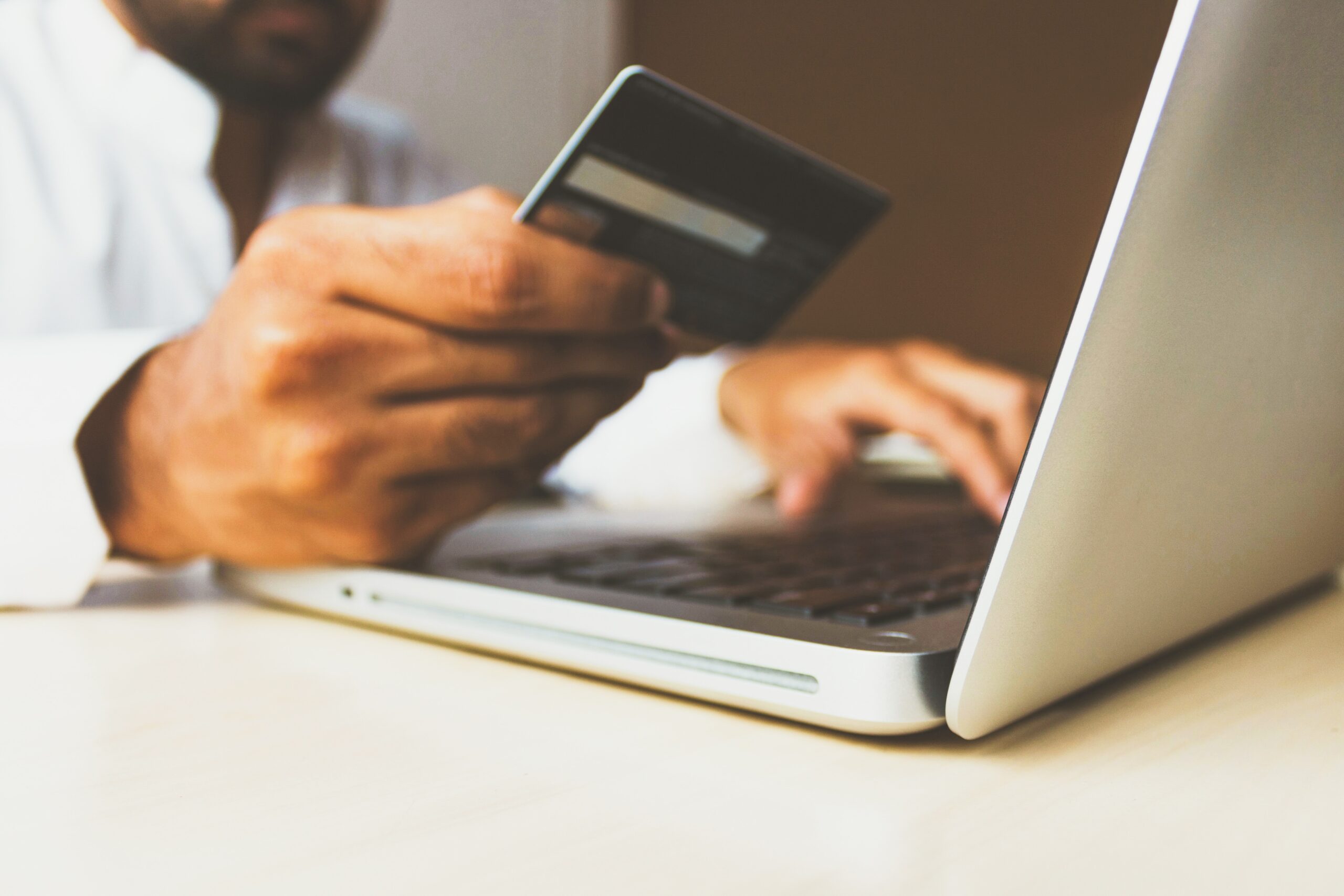
In today’s digital age, online banking has become an integral part of our lives. With the convenience it offers, more and more people are opting for online banking services. However, concerns about security and the safety of personal information often arise. In this article, we will explore the question, “Is online banking safe?” and debunk some common myths surrounding this topic.
The Advantages of Online Banking
Before we dive into the safety aspect, let’s first acknowledge the numerous advantages of online banking. It allows you to manage your finances anytime, anywhere, without the need to visit a physical bank branch. You can check your account balance, transfer funds, pay bills, and even apply for loans, all from the comfort of your own home or on-the-go.
Online banking also provides real-time updates, allowing you to monitor your transactions and detect any unauthorized activity quickly. It saves you time, eliminates the need for paper statements, and reduces the risk of losing important documents.
Understanding Online Security Measures
Now, let’s address the main concern: the safety of online banking. Banks and financial institutions take security seriously and invest heavily in robust measures to protect their customers’ information. Here are some key security features you can expect:
Encryption:
All reputable banks use encryption technology to secure your data. This means that your personal and financial information is scrambled and can only be accessed by authorized parties. Look for websites with “https://” in the URL, which indicates a secure connection.
Two-Factor Authentication:
Many online banking platforms now offer two-factor authentication (2FA) as an additional layer of security. This requires you to provide a second form of verification, such as a code sent to your mobile device, before accessing your account. It significantly reduces the risk of unauthorized access.
Secure Login Credentials:
When setting up your online banking account, ensure that you create a strong, unique password. Avoid using easily guessable information like your birthday or pet’s name. Additionally, avoid using the same password for multiple accounts. Consider using a password manager to securely store your login credentials.
Protecting Yourself from Online Threats
While banks employ various security measures, it’s crucial for you to play an active role in protecting your online banking experience. Here are some best practices to follow:
Keep Your Devices Secure:
Ensure that your computer, smartphone, or tablet has up-to-date antivirus software installed. Regularly install security updates and patches for your operating system and applications. Be cautious when downloading files or clicking on links from unknown sources, as they may contain malware or phishing attempts.
Monitor Your Accounts Regularly:
Check your bank statements and transaction history frequently. Report any suspicious activity to your bank immediately. Set up alerts for account activity, such as large transactions or password changes, to stay informed about any potential unauthorized access.
Use Secure Networks:
Avoid accessing your online banking account using public Wi-Fi networks, as they may not be secure. Stick to trusted networks or use a virtual private network (VPN) to encrypt your internet connection and protect your data.
Common Myths About Online Banking
Now, let’s debunk some common myths that often deter people from embracing online banking:
Myth 1: Online banking is more prone to fraud than traditional banking.
Reality: Online banking has advanced security measures in place to protect against fraud. With proper precautions, online banking can be just as safe, if not safer, than traditional banking.
Myth 2: Online banking is only for tech-savvy individuals.
Reality: Online banking platforms are designed to be user-friendly, even for those who are not tech-savvy. Banks provide support and resources to help customers navigate their online banking services.
Myth 3: Online banking is not insured.
Reality: Most reputable banks are insured by the Federal Deposit Insurance Corporation (FDIC) in the United States or similar organizations in other countries. This means that your deposits are protected up to a certain amount, providing an additional layer of security.
In Conclusion
Is online banking safe? The answer is a resounding yes, as long as you take necessary precautions and follow best practices. Banks employ advanced security measures to protect your information, and with your active involvement, you can enjoy the convenience and efficiency of online banking without compromising your financial security.
Remember to regularly monitor your accounts, use secure networks, and keep your devices protected. By debunking common myths and understanding the security measures in place, you can confidently embrace online banking and enjoy the benefits it offers.











